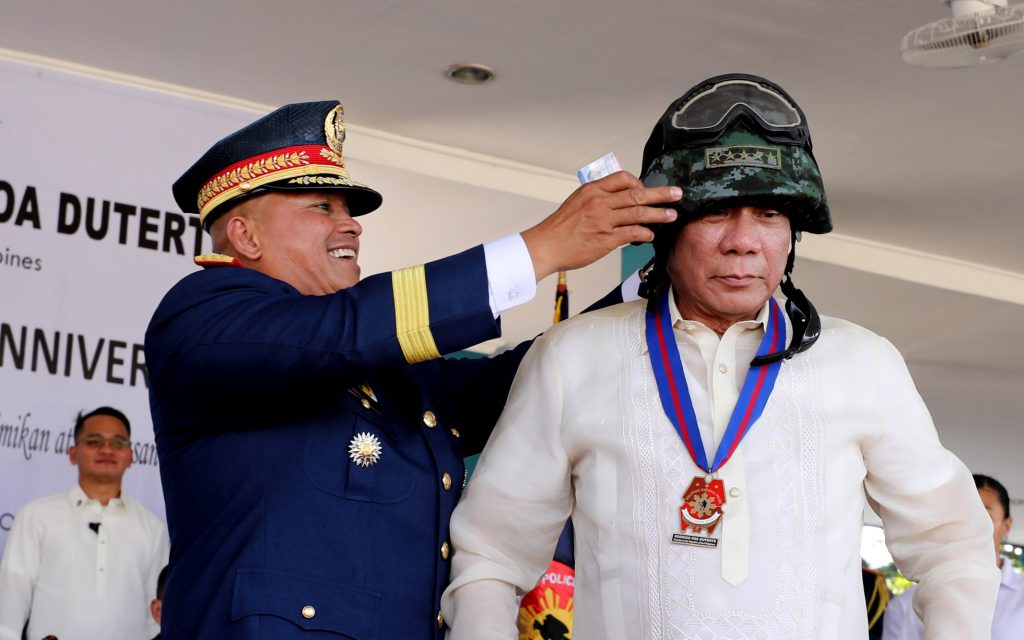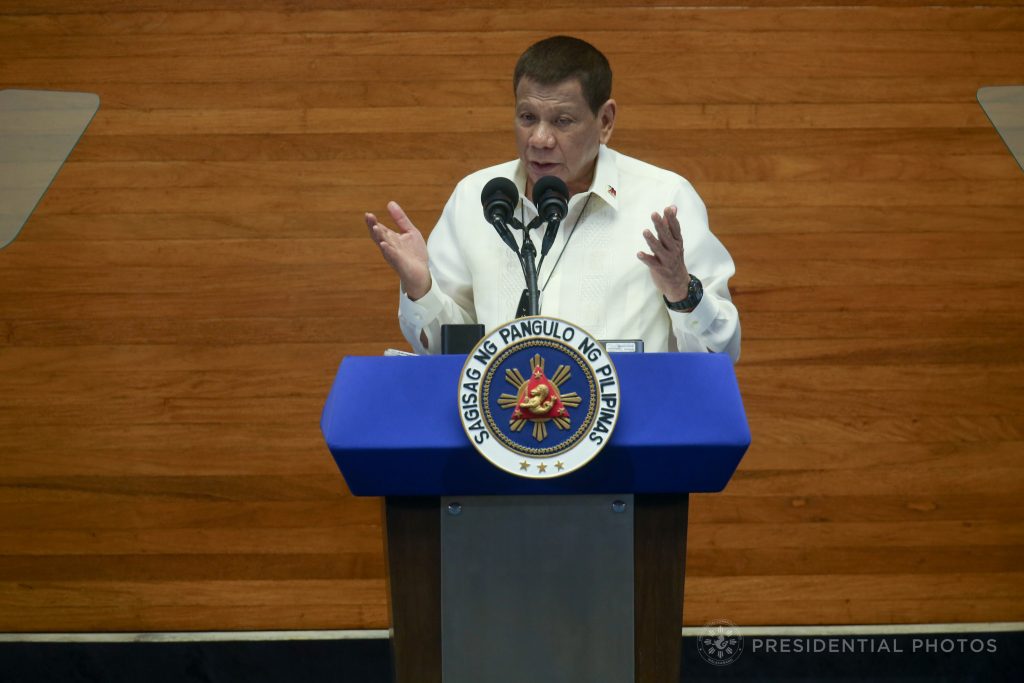
In one of its recent singular success stories, the International Criminal Court (ICC) brought about the arrest, trial, and sentencing of Bosco Ntaganda. He was found “guilty beyond reasonable doubt” of crimes against humanity for killing numerous people, committing war crimes, sexually abusing many women and children in his sex slavery ring.
Bosco Ntaganda was a warlord in the Democratic Republic of the Congo (DRC). He was sentenced to 30 years in prison on Nov. 7, 2019. He was convicted of committing murders individually and on a large scale.
The ICC does not have a brilliant record of success despite having a huge staff of lawyers, investigators, researchers and a massive budget to pay them and to support witnesses. The court has indicted 44 individuals and 45 cases are presently being tried by the ICC. Out of the 45 cases, only 14 have had a complete proceeding. In 21 years, there have been only nine convictions in the ICC since it first began in 2001.
The ICC was established in July 1998 at a conference held in Rome by the United Nations where more than 60 nations ratified the ICC in an international treaty known as the Rome Statute. The intention and goal of the court was to end impunity by individuals and groups who are responsible for mass killings, atrocities, war crimes, and crimes against humanity. It grew out of the first international trials at Nuremberg in Germany held after World War II to try the Nazi leaders who murdered millions of people including the genocide of the Jews and other groups.
Then, it was said that such terrible crimes would never be allowed to happen again in a civilized world where the dignity and rights of the human person would be protected and “Never Again” was the rallying cry to end war crimes and genocide. The Universal Declaration of Human Rights then followed. The world community did not fully civilize. Many nations did not respect human rights and dignity. They did not end oppression and crimes against humanity. Human nature, driven by greed and the lust for power, brought leaders and their cronies to political power backed by corrupt business people. These leaders have continued to kill and oppress their own people.
The International Criminal Court was established to bring them to justice as a deterrent and prevent more war crimes and mass killing and atrocities. But it has failed miserably in that regard because it is a slow ponderous body with too few convictions. The killings still go on as we can see in Ethiopia, Yemen, the DRC, Syria, Belarus, Myanmar, Mali, Nigeria and allegedly the Philippines.
Last year, the ICC declared that “Specific legal element of the ‘crime against humanity of murder’ has been met in the crackdown that killed thousands in Philippines.” They also said that the “so-called ‘war on drugs’ campaign cannot be seen as a legitimate law enforcement operation, and the killings neither as legitimate nor as mere excesses in an otherwise legitimate operation.”
The question is, how can the ICC investigators prove that it was not a legitimate campaign to eliminate the evil drug trade operated by criminal gangs and drug traffickers at the highest level of society? Anyway, the ICC has no power to enforce its mandate to investigate such alleged crimes if the Philippine government does not cooperate. The ICC has to have state cooperation or it has no jurisdiction.

Who in the Philippines in their right mind is going to help bring the president to the ICC and enforce an international arrest warrant? None for sure. Besides the ICC is only a secondary court and a Philippine court is the first court of recourse for any complaint or group of complaints. It is only when the national government is unable or unwilling to prosecute can the ICC step in. This limited jurisdiction is a weakness of the ICC. No official would dare allow any suspect wanted by the ICC to be extradited. They would greet an early grave for sure. Besides, the president is not even mentioned in the request filed by the former ICC lead prosecutor Fatou Bensouda, when she said that “state actors, primarily members of the Philippine security forces, killed thousands of suspected drug users and other civilians during official law enforcement operations.”
So, what do we have here, only maverick, rogue police officers going on a killing spree and a rampage? How can the ICC prove they were ordered to do it from the top? The president says he was defending the people from the ravages of the drug culture and had no part in the alleged killing of 8,600 suspects in what he called shoot-outs or fight back. He clearly said that the police operations were “lawfully directed against drug lords and pushers who have for many years destroyed the present generation, especially the youth.”
In 2017, the Philippine police likely exaggerated the 16,600 deaths. That is how many homicides were under investigation, it said. It was evidence of their operational success. How could most of those be validated by the ICC or attributed to the president? Impossible. Besides when the human rights organizations are claiming that as many as 27,000 to 30,000 people were killed in the police operations, there is little chance that the ICC could prove they were connected to the president. Anyway, they are forbidden to enter the Philippines to conduct investigations. The number of those allegedly murdered could be a gross exaggeration and the ICC could not possibly verify such figures and killings. Not even the Philippine Department of Justice could investigate a fraction of such homicides.
Besides, why should the president submit to the ICC? Defiant as ever, he said. According to his spokesperson, “He would rather die than submit to a foreign tribunal.” The president also declared he has nothing to answer for, what he did was to defend his country and his words in July during the State of the Nation speech were truly defiant: “I have never denied [it], and the ICC can record it: Those who destroy my country – I will kill you,” he said. The death toll keeps climbing and President Duterte, true to his word, is fighting on.
Irish Father Shay Cullen, SSC, established the Preda Foundation in Olongapo City in 1974 to promote human rights and the rights of children, especially victims of sex abuse. The views expressed in this article are the opinions of the author and do not necessarily reflect the editorial stance of LiCAS.news.
Source: Licas Philippines
0 Comments